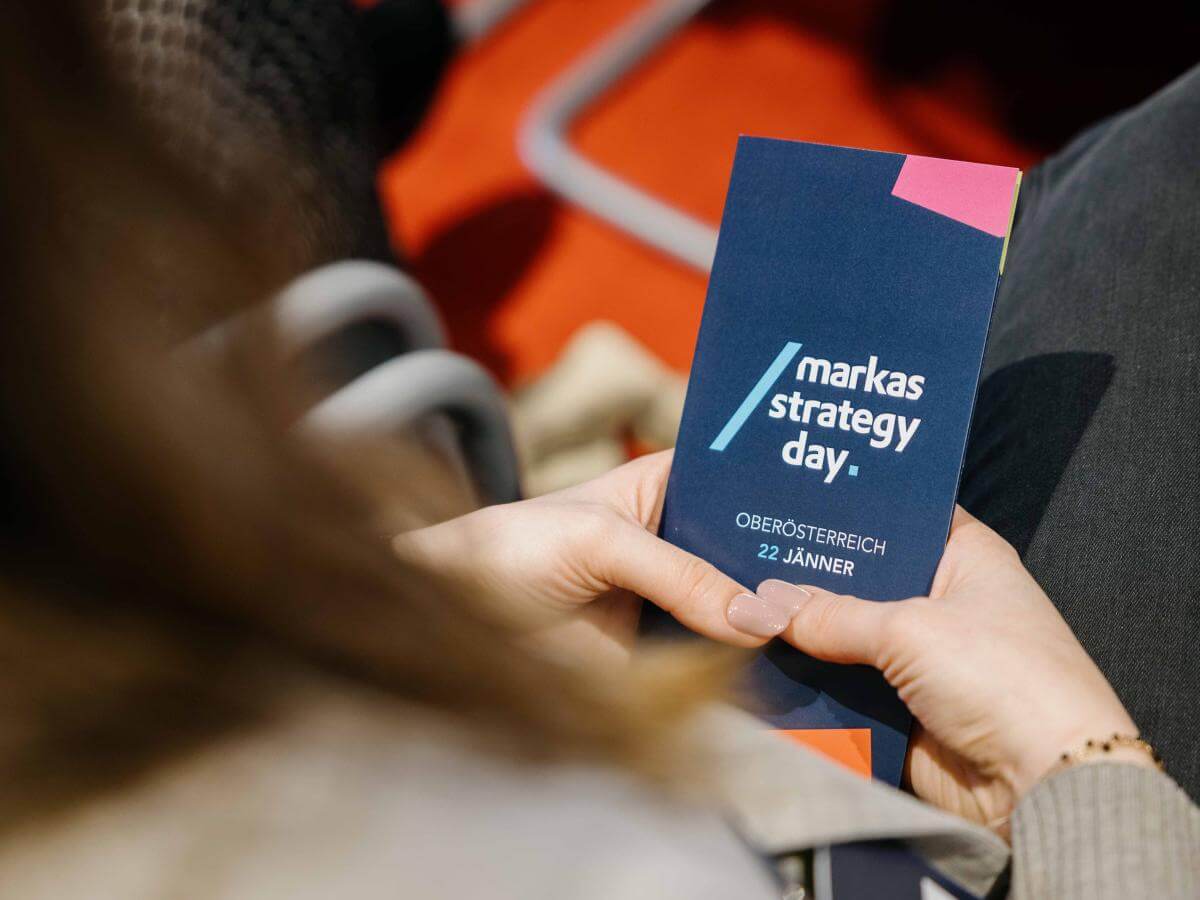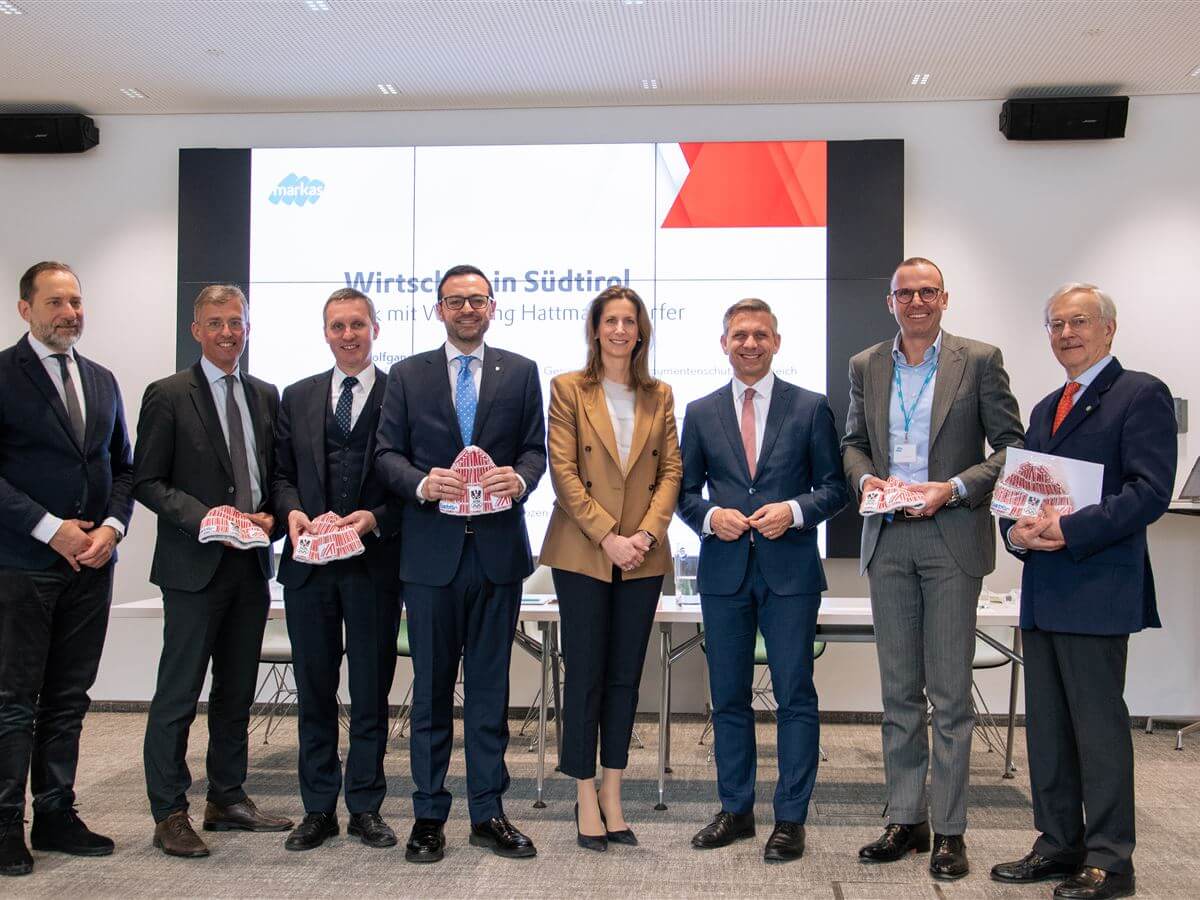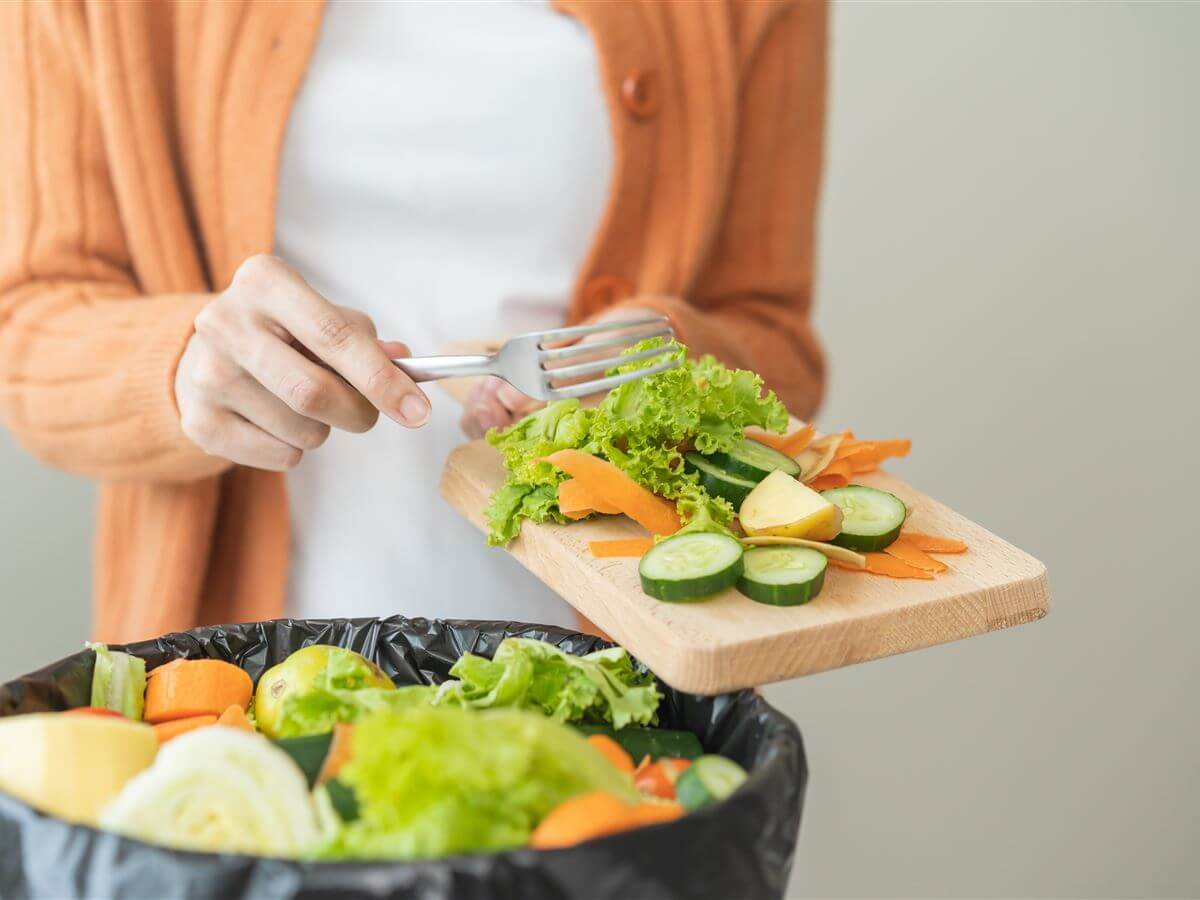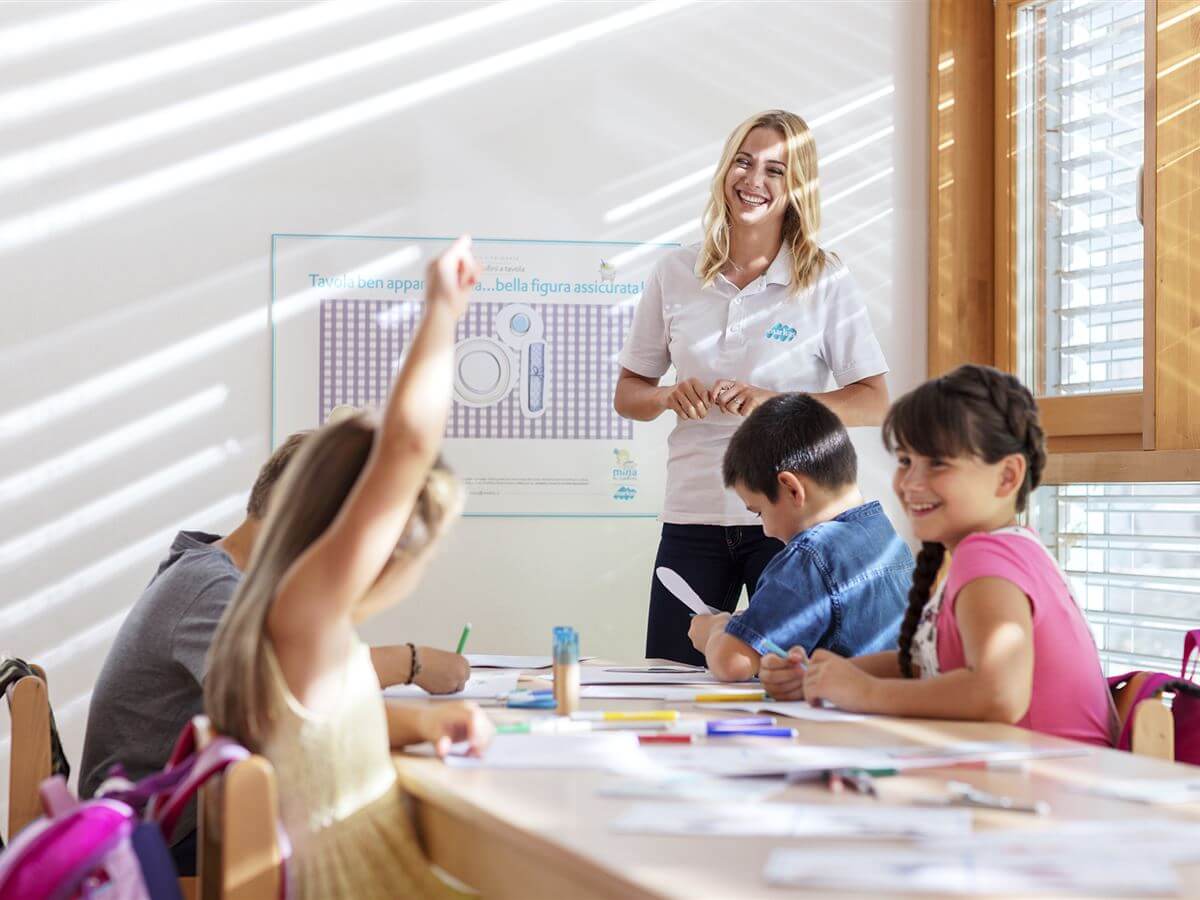
From school canteens to home
Food education is an integral component of our services.
Through a range of activities, such as training sessions, exercises and projects, children, young people, teenagers as well as their families can share precious 'food moments' and learn more about nutrition and healthy diet choices.
In this framework, one of our top priorities is to create a program dedicated to future generations; a shared path that begins with the quality of products used in our canteens and ends with specific family projects and exercises designed to ensure a healthy and sustainable lifestyle also at home.
Food education is an integral component of our services.
Through a range of activities, such as training sessions, exercises and projects, children, young people, teenagers as well as their families can share precious 'food moments' and learn more about nutrition and healthy diet choices.
In this framework, one of our top priorities is to create a program dedicated to future generations; a shared path that begins with the quality of products used in our canteens and ends with specific family projects and exercises designed to ensure a healthy and sustainable lifestyle also at home.

The program
Our food education schemes are designed according to the students' age as well as the topic that needs be studied.
That's why there are various types of projects and exercises created for each specific age group: from kindergarten students to first, second and third grade students. In addition, every activity is split into different micro-themes based on different topics.
First of all, students can evaluate and analyze their daily eating patterns at school canteens but also at home. In this way, they can acquire a deeper knowledge of macronutrients, fruits, vegetables, legumes as well as the origin of products and how they fit into their daily diet.
Our food education schemes are designed according to the students' age as well as the topic that needs be studied.
That's why there are various types of projects and exercises created for each specific age group: from kindergarten students to first, second and third grade students. In addition, every activity is split into different micro-themes based on different topics.
First of all, students can evaluate and analyze their daily eating patterns at school canteens but also at home. In this way, they can acquire a deeper knowledge of macronutrients, fruits, vegetables, legumes as well as the origin of products and how they fit into their daily diet.

Then, students have the chance to learn more about the frequency of meals and how they should make the time for a healthy and balanced meal.
Last but not least, we help students understand what conscious nutrition means and how they can adopt a more sustainable eating pattern. For example, children can discover and practice basic table manners or understand the importance of recycling, food waste, water saving and how in general their daily life and behavior can affect the impact they have on the environment.
In other words, through our holistic approach to nutrition education we seek to empower young generations and give them the right tools in order to make responsible food choices.
Last but not least, we help students understand what conscious nutrition means and how they can adopt a more sustainable eating pattern. For example, children can discover and practice basic table manners or understand the importance of recycling, food waste, water saving and how in general their daily life and behavior can affect the impact they have on the environment.
In other words, through our holistic approach to nutrition education we seek to empower young generations and give them the right tools in order to make responsible food choices.
FIND OUT THE LATEST NEWS




Markas Strategy Day: Two events, one team!
Over 600 employees, more than 20 external speakers, and two special events marked a p...

Markas hosts Austrian Federal Minister: a dialogue on South Tyrol’s economy.
What does South Tyrol need today to become more competitive, more attractive, and bet...

Markas and Behavix: our effort to reduce food waste
At Markas, sustainability is a commitment that guides us every day, at every level:...
